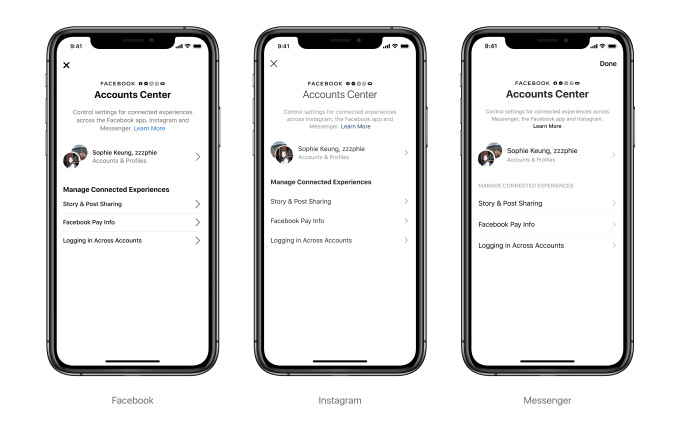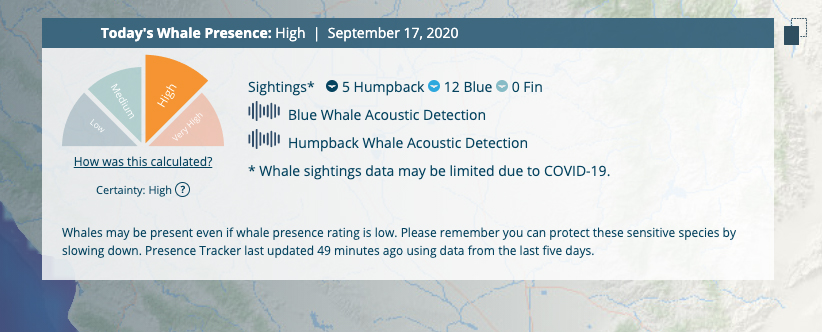Rolling funds, the rise of solo capitalists, crowd syndicates, and team-based seed funds all scream one thing in unison: venture capital is growing and getting unbundled at the same time.
While the asset class remains largely exclusive and skewed white and male, innovation does have the potential to usher in a new, far more inclusive generation of investors. The question is how to ensure that these newer investors survive and thrive and are able to scale their operations in much the way that their predecessors in the industry have.
Oper8r hopes to fill in the gap between what it takes to be an occasional investor and become a full-time VC who is backed by institutional dollars. The program, which just completed its debut cohort, describes itself as Y Combinator for funds and emerging fund managers. The goal is to teach investors who want to build an institutional fund about the rules and oh-so-many regulations of the game.
Oper8r was started by Winter Mead, who worked as an institutional investor for years at Sapphire Ventures and Hall Capital Partners, and Welly Sculley, who operated at venture capital-backed fintech companies Ripple and Boku. The friends saw that there was no organization focused on next-gen fund managers. Instead of raising capital to create a program, the friends started a program, free of charge, to train investors.
“For VCs, barriers to entries were going down. Starting a VC fund was becoming easier. But it wasn’t easier to know various parts of building and scaling a VC firm,” Mead tells TechCrunch.
The program spans 10 weeks with 6 to 10 hours of instructional material per day. Oper8r’s curriculum covers the nuts and bolts of how to put together a scalable fund, but Mead says that they stay away from teaching investors how to invest since that information is already accessible. For example, VC University is a joint initiative between Berkeley Law, NVCA, and Venture Forward to teach venture finance.
“There’s a lot to firm building that isn’t just investing,” he said. “Having that knowledge can save you a lot of time, save you a lot of cost, save you a lot of headaches.”
Oper8r views its core benefit for aspiring fund managers as demystifying the world of limited partners.
“VCs come in here and think of the LP world as a monolith,” he said.” Oper8r helps VCs segment out the LP market, understand the difference between a family office and university, and understand “who will actually invest into a fund 1 or fund 2.”
To help navigate the LP world, Oper8r gives participants access to over 50 institutional investors, such as Hamilton College, Northern Trust, Legacy Ventures, and Investure, who will speak on their investment appetite and cadence. It doesn’t hurt that those same partners benefit from access to funds they find especially noble.
“[Limited partners] want to invest into these next generation of VCs, but they’re just having a hard time really understanding this market right now,” Mead said.
Unlike Y Combinator, Oper8r does not currently take a stake in the funds that participate in its program. However, Mead tells me that he and his co-founder are planning to capitalize the program and build an investment platform atop of Oper8r. In the future, they will function as LPs in graduated funds.
Oper8r’s first cohort was launched in June 2020. Out of 125 applications, only 18 VC fund teams were chosen. In terms of diversity, 11 of those teams were from underrepresented backgrounds including 6 women-led general partner teams and 5 black and person of color-led teams. Half of the teams also included immigrants.
Its first cohort included operator angels, investors who recently spun out of big firms, founders, and rolling fund managers, all looking to take a more institutional approach to investing.
Heather Harnett, the founder of NYC startup studio Human Ventures, was looking for a way to take advantage of the access she was getting from the platform she built. She turned to Oper8r to learn procedural and operational consistencies on how to create a fund, while also cross-referencing with other managers in the batch.
“What First Round Capital did to standardize the early financing rounds for startups and build community among founders, Oper8r is doing for emerging fund managers,” she said.
Oper8r isn’t entirely without competitors. Plexo Capital, which is both a venture firm and an outfit that backs other venture funds, is also spinning up a program to help educate young investors on the mechanics of back-office administration an other pieces of the venture fund puzzle.
Of course, an even bigger potential rival is AngelList, which takes care of the hassle, rules, and regulations that can up an up-and-coming fund manager and that charges a fee in return.
Mead doesn’t view Oper8r’s methodology as competitive with AngelList, saying that “there’s room for more than one organization that supports a merchant just because of the size of [venture capital] right now.” The firm is also focused on teaching new investors how to manage their businesses themselves. It’s a top-down versus ground-up approach.
Mead further adds that while AngelList’s rolling fund product has grown accessibility, some limited partners still only invest in venture capitalists who’ve raised capital from institutions previously. Thus, new fund managers might be comfortable raising a $10 million micro-fund via a rolling method, but when it comes time to get a $150 million early-stage investment vehicle with institutional LPs, it might not be as easy.
Ultimately, Oper8r and AngelList could co-exist as they both strive for similar goals: increase representation within venture capital, even if it’s through nontraditional routes.
“Most institutions see only one way to make money in VC, which is invest in the top brand-name VC firms,” Mead said. “We are trying to change that perception.”
 Read Full Article
Read Full Article




